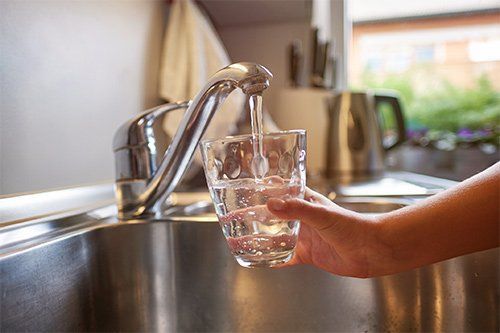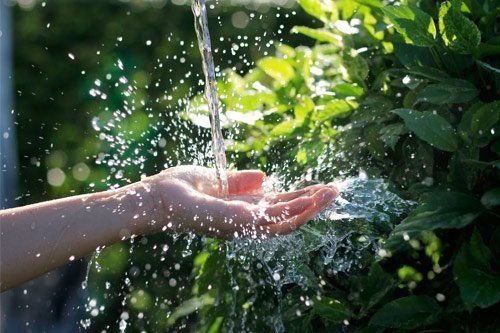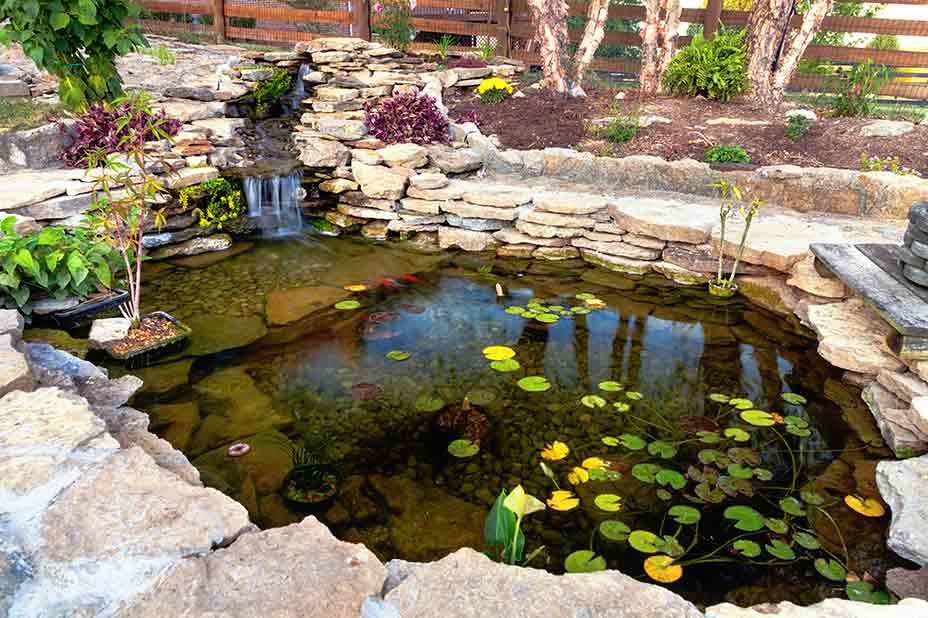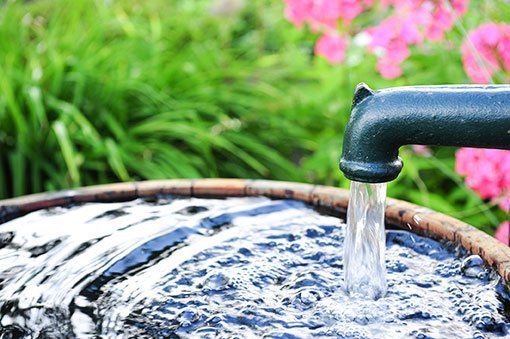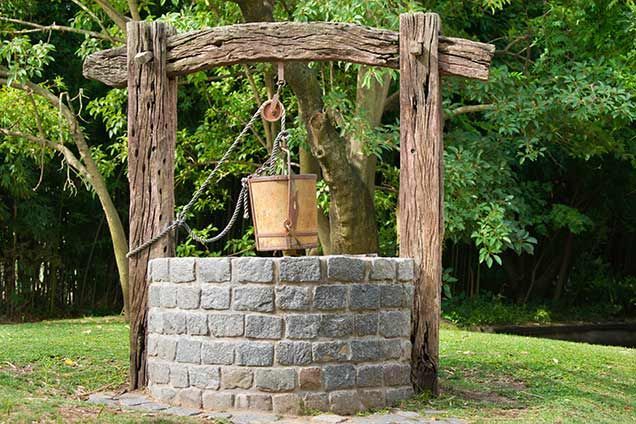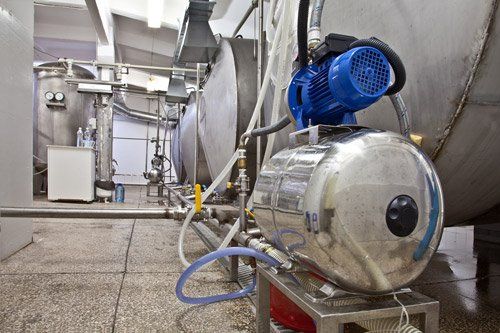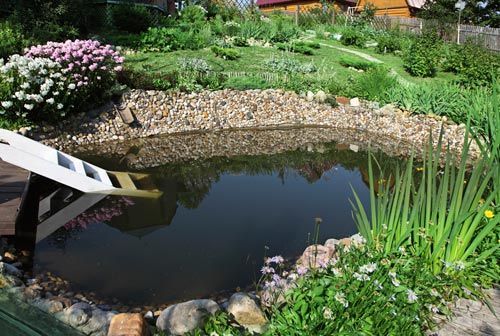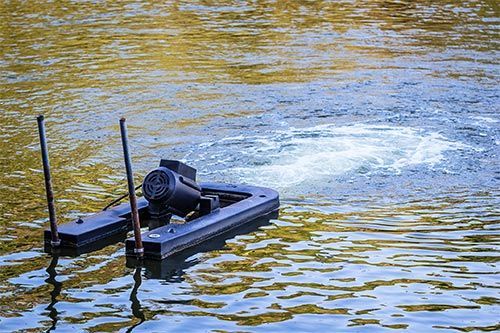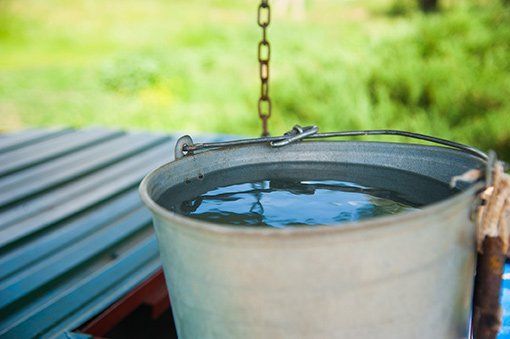What to Know When Drilling a Water Well for Livestock Use
December 5, 2018
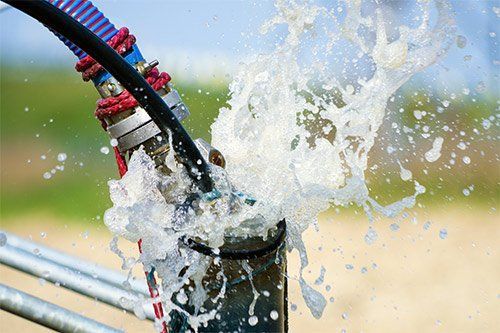
While Tennessee may be known more often for music than the mooing of cattle, the state is still a formidable producer of livestock. In fact, according to state government statistics, approximately 44 percent
of the state is currently covered in agricultural land. Since farming activities are nearly always done on rural land, public water supplies are rarely able to provide the fresh water needs of these animals.
Tennessee farmers and livestock producers have an advantage over those in other, more arid states, however, because underground aquifers are numerous and easily accessed through water well drilling.
If you are prepping rural land for the addition of livestock or just need a more optimal water source for your farming activities, here are some important reasons to consider drilling a water well to fulfill your needs.
LABOR SAVINGS
For those who have been hauling water to their livestock each day or constantly having to check pond levels in summer and cut ice so their animals can drink in winter, the daily expenses of watering livestock can really add up.
While the initial cost of drilling a water well can be a significant expense, the fact that livestock producers no longer have to expend the time, labor, or vehicle usage costs to haul water or check ponds each day is able to quickly offset this expense.
WELL LOCATION
A water well for agricultural use works best and is most economical when it is located in the area in which the water is needed. The first reason for this is that water pressure can be reduced if the pipes from the well to the livestock watering area are too long. This excess length can lead to problems with keeping the tank full for the animals to drink, especially when supplying a large number of livestock.
In order to locate agricultural water wells where they will be most conveniently accessed, livestock producers may want to also install a small, freestanding solar panel and battery backup array at the site of each well.
In addition to saving money on pipes by placing the well near its usage point, livestock producers will also save on the cost of installing underground electrical lines to power the well and eliminate the monthly power bill.
SOLAR POWER
Depending on the location of the well, utility companies can charge thousands of dollars to run power to it. If the terrain is hilly or difficult, as much of Tennessee is, the costs can be even greater.
The Natural Resource Conservation Service (NRCS), a division of the United States Department of Agriculture, has a cost-share program that may provide some help to Tennessee livestock producers who want to invest in the installation of solar power for the operation of their livestock water wells.
WATER QUALITY
With both hot summers and cold winters, livestock produced in The Volunteer State experiences some weather-related challenges. Animals that willingly drink plenty of water in all types of weather are known to stay better hydrated and be more able to thrive in challenging weather conditions.
Studies show that livestock offered fresh, clean water from a dependable water source will consistently consume the amounts needed to retain their health. This leads to higher carcass weights for beef and better milk production for dairy animals and livestock that are nursing their young.
A water well that is equipped with solar power to power both the pump and a freeze-proof water tank is an optimal way to provide a dependable supply of fresh, clean water no matter the season or the temperature.
At Henry Drilling LLC
, our water well professionals are ready to answer your questions about livestock water wells and help you understand the benefits for both you and your livestock.

